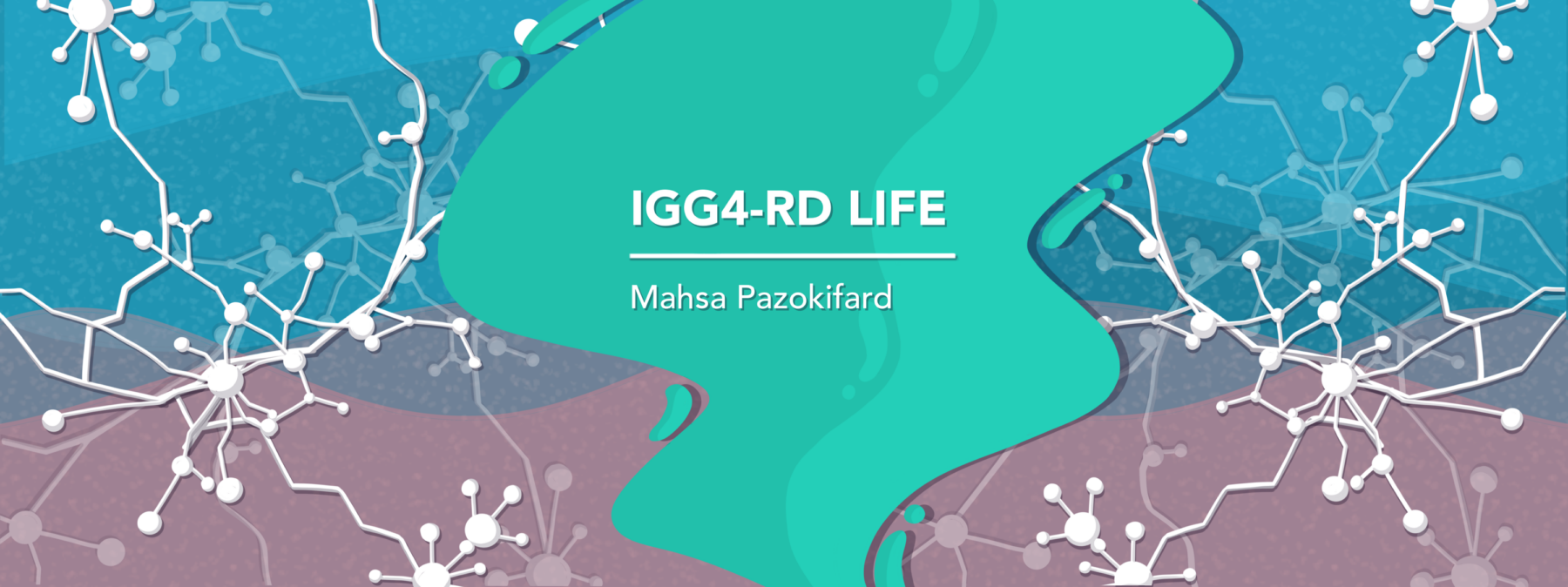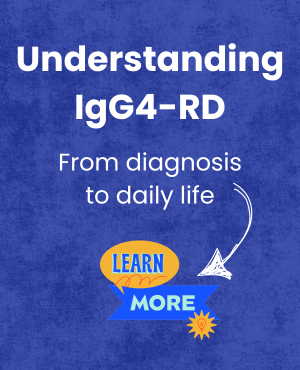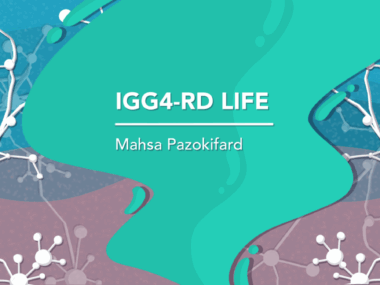Lived experience is often ignored in IgG4-RD advocacy, but shouldn’t be
Our stories are clear, but they're not always acceptable
Written by |

One thing I am learning as an IgG4-related disease patient, advocate, writer, and the founder and CEO of the IgG4-RD Life Foundation is that patient insights about our experiences are crucial toward building a more accurate and inclusive picture of this disease.
That’s why I’m writing here to encourage everybody to participate in the Mental Health for IgG4-RD survey. The data collected doesn’t just reflect mental health needs; it includes clinical representations that help shape future research, ensuring our stories aren’t just anecdotal but are part of the scientific conversation.
Speaking about our lived experiences isn’t just about sharing stories. It’s about fighting for visibility. As part of my work advocating for people with IgG4-RD, I’m discovering that recognizing our suffering is contingent upon having documented evidence. The genuine, lived experience of our patient community isn’t enough, and that’s a problem.
Let’s say there’s a drug that’s been treating patients with our rare disease for 15 years. But due to its age, or a lack of funding for rare disease research and pharmaceutical development, clinical research might be sparse, scattered, or outdated. The real-world stories might be clear in that most patients using this drug are improving, living longer, and feeling better. But I wouldn’t be able to speak openly about its effectiveness, outside of personal testimony, because a peer-reviewed study that supports that patient experience is lacking. Even though there might be hundreds of cases, thousands of stories, and decades of clinical use, talking about the drug’s efficacy has to focus on individual experiences because it’s not backed by the latest published research.
The challenge of proving our stories
As patients, we struggle to prove our symptoms and diagnoses, especially when research is limited or nonexistent, despite our medical files and clinicians’ notes vividly documenting what we endure. Our experiences are real, concrete, and backed by records, yet we’re asked to find a study that proves what is plain for the medical team to see.
This creates a frustrating paradox. To be heard, we must fit the narrative of existing research. To advocate effectively, we sometimes have to erase parts of our message, tone down our urgency, or wait for validation that might never come. This is my truth — only stories that align with the accepted scientific narrative tend to gain visibility, while others risk being overlooked or dismissed.
That’s not just frustrating; it’s harmful. When the boundaries of our speech are set by others and our vital stories filtered to fit some existing standard, we lose part of our power. Advocacy isn’t just about raising awareness; it’s about asserting the truth of our lives, even in the absence of “official” research, because our existence shouldn’t be limited by the availability of research dollars. Our stories are facts, our suffering is real, and our hope is valid.
We need spaces and platforms that recognize the importance of lived experience, not just supported studies. I’m lucky enough to have had the opportunity to go through the hurdles of speaking up, and have found a loving community within the rare disease space. With the help of other organizations and allies, we are able to have our voices amplified via platforms such as this one! We must continue to push for more places where our voices aren’t just anecdotal, but are part of the collective narrative that shapes research and policy.
Advocacy is about more than stories, it’s about justice. And justice means our voices, unfiltered and unmasked, are heard and valued.
As we continue to raise our voices, I invite you to be active. Together, our participation can push for the studies that truly reflect our realities, driving progress, and greater understanding. So, please, take a moment, share your story, and be part of this movement to widen the scope of research and care for everyone living with IgG4-RD.
Note: IgG4-RD News is strictly a news and information website about the disease. It does not provide medical advice, diagnosis, or treatment. This content is not intended to be a substitute for professional medical advice, diagnosis, or treatment. Always seek the advice of your physician or other qualified health provider with any questions you may have regarding a medical condition. Never disregard professional medical advice or delay in seeking it because of something you have read on this website. The opinions expressed in this column are not those of IgG4-RD News or its parent company, Bionews, and are intended to spark discussion about issues pertaining to IgG4-RD.








Leave a comment
Fill in the required fields to post. Your email address will not be published.